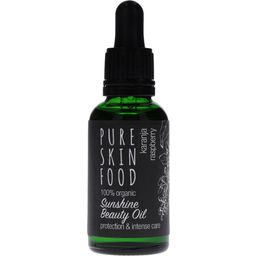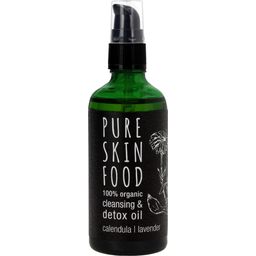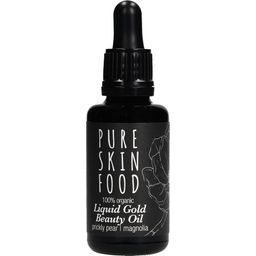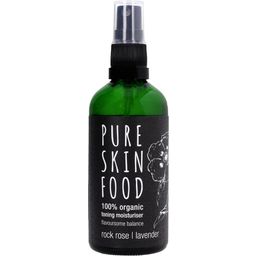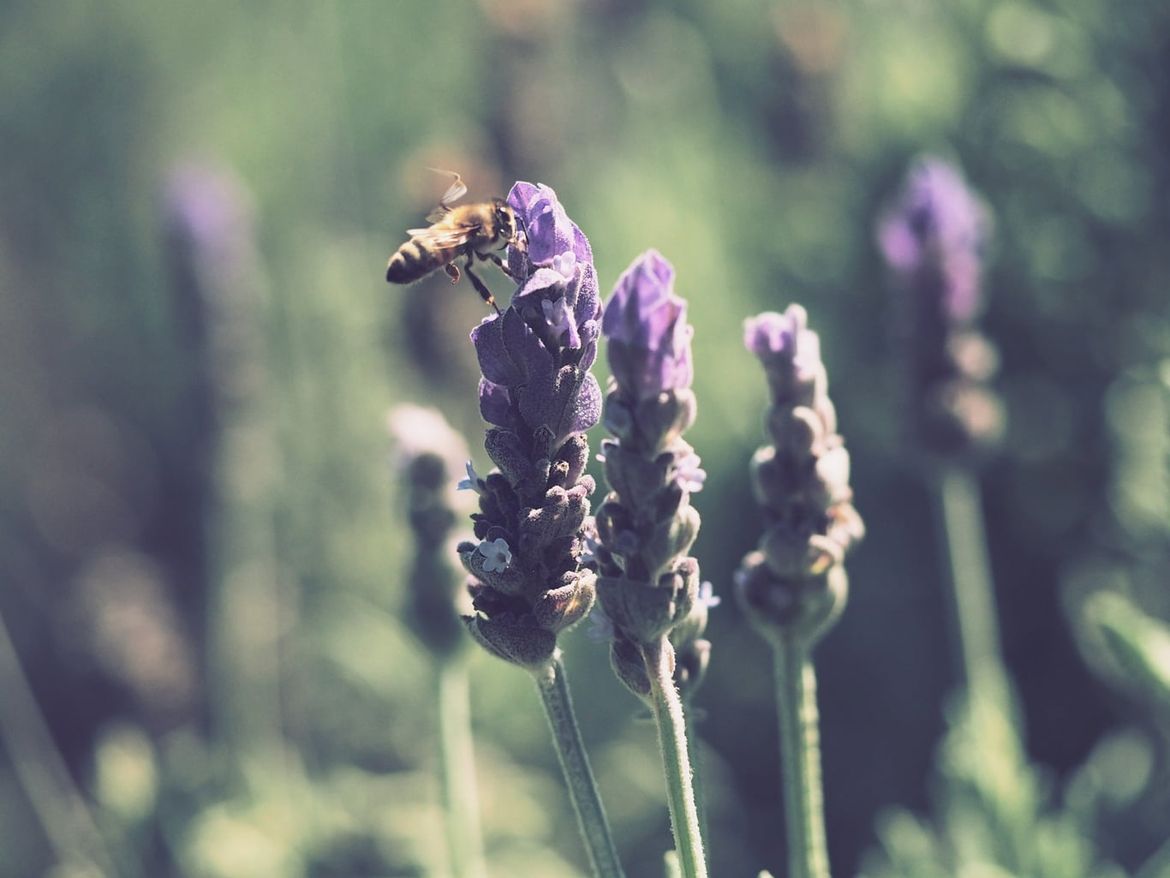

Essential Oils in Cosmetics
Essential oils are used in cosmetics as a fragrance component and their pampering effects. Find out how these essential oils are derived, the effect that they have and how best to incorporate them into your daily beauty rituals.
Essential oil extraction
Of all existing plant species, less than 1% contain essential oils. All parts of the plant are used for extraction, but the type of plant used can vary:
- Fruits and parts of fruits, e.g. fennel
- Flowers and parts of flowers, such as rose or saffron
- Flower buds, like cloves
- Bark and wood, e.g. cinnamon, sandalwood
- Leaves and twigs, such as basil or tangerine
- Roots, e.g. from valerian
- Seeds (pods), e.g. cardamom
- Needles, such as stone pine
The essential oil is extracted from the plant parts by means of steam distillation or cold pressing. When using essential oils at home, note that most essential oils should be diluted. You can also use lavender, chamomile or tea tree oils without hesitation.
From a technical point of view, essential oils are not oils at all, as they do not contain any fatty acids and therefore also do form a greasy film on the skin. They are also referred to as “volatile” because their scent, for example on the skin, does not linger overlong due to the lack of fat.
Essential oils are naturally suitable for use against germs, viruses and fungi because they are mixtures of so many individual substances (more than 500). Pathogens are unable to adapt, as would be the case with antibiotic resistance, for example.
Effect of essential oils
Essential oils easily enter our body through contact with the skin or inhalation. We absorb the scent molecules through our nasal mucosa, which is part of the central nervous system. There, some essential oils already unfold their wonderful and positive effects, for example, the scent of lavender, rosemary and eucalyptus soothes and promotes concentration.
Just as the scent of the oils is absorbed through our nose, other oils are absorbed directly through our skin and exert their effect there, or in our tissues and bloodstream. The effects of essential oils are as varied as they are different and always dependent on the properties of the substances found in the plant:
- calming and / or sleep-inducing
- stimulating and activating
- pain reliever
- promotes concentration
- cough suppressant
- antispasmodic
- healing
- digestive
- or simply skin-nurturing and protective
Essential oils can have intense effects on our body and mind, but as long as you use them in an appropriate dosage and in a targeted manner, they are absolute miracle cures against ailments of all kinds!
Can essential oils harm the skin?
As a general rule of thumb: The dosage is key. Using the right oil for the right need in proper concentrations can help, while a stimulating oil may not be as comfortable on irritated skin. Therefore, we recommend that you do a little research before resorting to essential oils at random.
It is quite possible that very sensitive skin reacts to certain essential oils by becoming red, for example. Since some oils are stimulating and stimulate blood circulation, this can happen at one point or another. How to deal with essential oils for sensitive skin can be found here.
You can rely on the fact that the essential oils incorporated into our product formulas are used to support the specific skin type. Normally, essential oil concentrations used in cosmetics are harmless unless you are allergic to a specific substance.
Typically, essential oils condition and nourish the skin. They moisturise and invigorate or have a calming effect. Many essential oils also have an antioxidant effect and thus are perfect for counteracting skin aging!
Magazine Articles:
-
Great Britain: Free standard delivery from £49.90
-
Free
returns We deliver worldwide to
more than 40 countriesSecure payments
with SSL encryption technology
